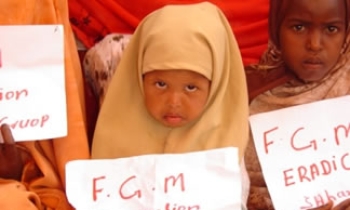A Brazilian judge has issued an order calling for the closure of the investigation into the death of journalist Vladimir Herzog. Herzog died while Brazil was under military rule (1964-1984). Federal Justice Paula Mantovani Avelino's decision rejects requests by state prosecutors who have argued that Herzog's murder could be considered a crime against humanity, the Associação Brasileira de Jornalismo Investigativo (ABRAJI) has reported.
In a federal court official notice, Justice Avelino argued that the legal time frame for the case has expired ("prescreveu") and rejected the feasibility of having it characterised as a crime against humanity. According to the judge, there is no existing juridical norm in the Brazilian Penal Code that could be employed to determine penalties for crimes against humanity.
The closure of the case also included the archiving of all investigations into the death of Luiz José da Cunha, alias "Crioulo", who was allegedly killed in September 1973.
Both deaths took place over 35 years ago, which is longer than the maximum penalty for homicide contemplated in the Brazilian Penal Code.
ABRAJI Director Plínio Bortolotti said, "Vladmir Herzog is a symbol of press freedom for Brazilian journalists. His death triggered awareness among many Brazilians of the need to fight for democratic freedom. One could say that his death may have led to the end of the military dictatorship".
In 1975, Herzog was summoned to provide information on his presumed connections with the Communist Party. At that time, he was the press director for TV Cultura of Sao Paulo, a government TV channel. On October 25, 1975, he answered the summons and his death was announced the same day. The military alleged that he had committed suicide by hanging himself with the belt from his prison uniform. Other journalists arrested at the same time claimed that he was tortured to death.
Clarice Herzog, the journalist's widow, sued the government based on the claims that her husband had been murdered. In October 1978, a federal court declared the government responsible for Herzog's death and ordered it to compensate his family. In 1996, the Special Committee for Political Disappearances (Comissão Especial dos Desaparecidos Políticos) took responsibility for Herzog's murder and granted compensation to his family.









